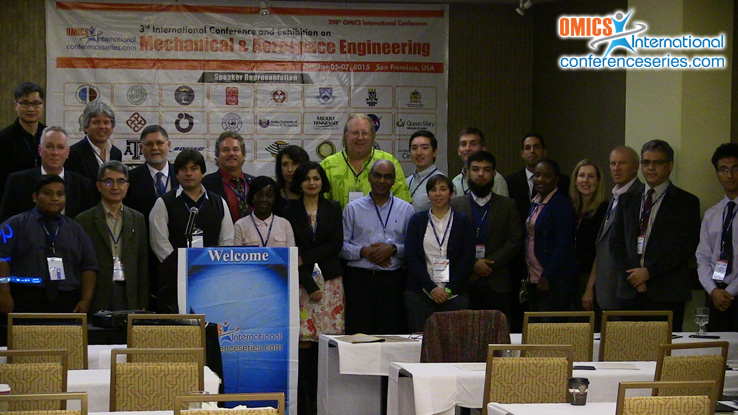
Elżbieta Jarzębowska
Warsaw University of Technology
Poland
Title: A model - based debris tracking controller design for a free-floating space vehicle
Biography
Biography: Elżbieta Jarzębowska
Abstract
The paper presents preliminary results on designing a model-based tracking controller for a free-floating space vehicle equipped with manipulating arms, i.e. a manipulator whose mission is capturing space debris. Such missions are of a significant interest due to a growing number of debris needed to be removed from space, as well as due to asteroids which can be promising sources of raw materials. In a free-floating operation mode, the vehicle linear and angular momenta are conserved. The angular momentum conservation makes vehicles nonholonomic control systems. The free-floating mode implicates that a vehicle is underactuated, what classifies it as a second order nonholonomic system. The vehicle is also assigned a task, so it is a multi-constraint control system. Motivations for this research are the potential significance of its results in the face of constantly growing interest in conquest and exploration of space, which results in generation of more space debris and requires services for satellites and space stations. Also, a development of new control strategies for space manipulators may provide a new insight into nonlinear control methods for missions in space. The paper presents a space manipulator control oriented 3D dynamics, a theoretical control development for approaching, capturing and acquisition of an object. The research contribution is two-folded. Its results may provide a better insight into control design for space vehicles and may constitute a control theoretic basis for future applications in space.




